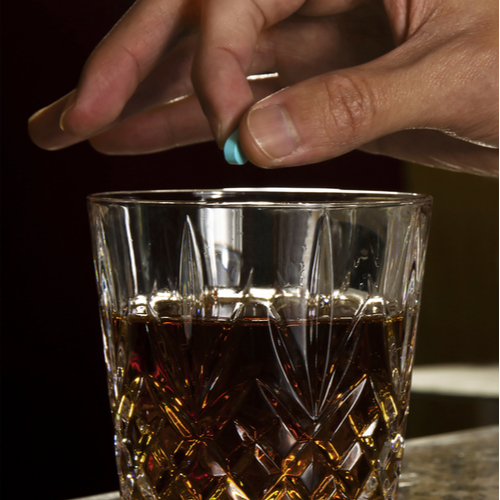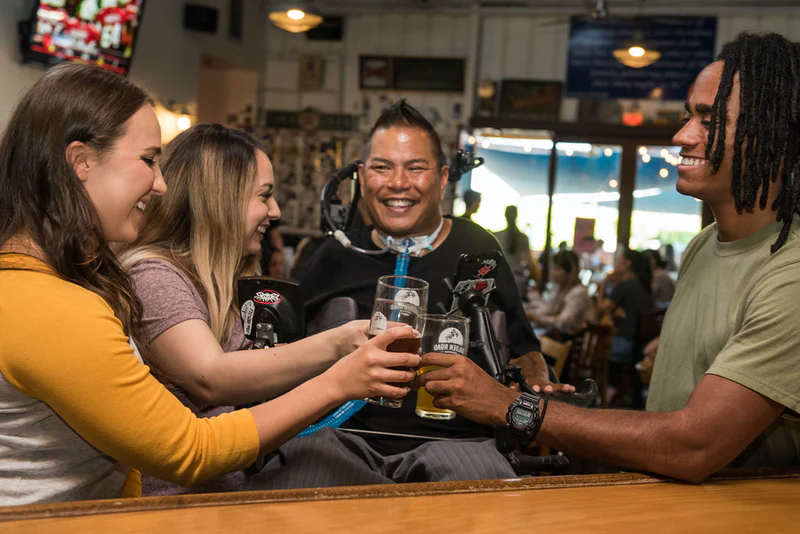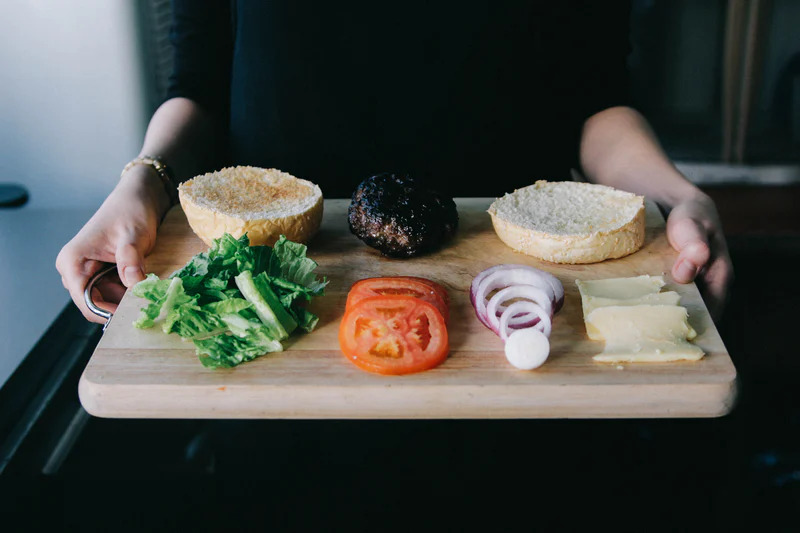How to fight against it Businesses & Drink Spiking Awareness

Aside from dealing with the COVID-19 pandemic, another unfortunate ‘epidemic’ that has recently taken the UK by storm is an increase in drink spiking incidents. This has caused a great amount of anxiety and fear amongst the UK’s partygoers and bar patrons.
Before diving into the issue, it is best that you know what counts as drink spiking. Drink Spiking is the act of putting something such as alcohol or drugs into a drink without the person’s knowledge or consent with the intent of assaulting or robbing them.
Another method victims are being spiked lately are by needle assaults, also known as spiking injections. This is when a person is directly injected with drugs through a syringe or needle without their knowledge or consent.

The Increase in Drink Spiking
The first incidents of drink spiking in 2021 were reported in September and have skyrocketed in the past two months. By early November, there were 250 incidents that the police were aware of with the majority of the victims being women, and the spikings taking place at both licensed premises and private parties. While in the same period, there were 247 reports of needle spiking assaults in England and Wales, according to the National Police Chief’s Council.
Due to the pandemic and lockdown, drugs and pharmaceutical compounds have become more easily accessible via online orders on social media and home deliveries, which became a cause of concern. Additionally, there were increasing reports of non-medical use of benzodiazepines (sedatives), which authorities suspect is linked to the drink spiking incidents.
Drink Spiking Incidents
Victims of spiked drinks can experience a wide range of symptoms depending on the type of drug used.
Symptoms can include:
- Confusion
- Disorientation
- Slurred speech
- Nausea or vomiting
- Muscle spasms or seizures
- Poor co-ordination
- Memory loss
- Loss of consciousness
These symptoms can be confused with extreme alcohol intoxication, which causes people to think that the victim is drunk, not drugged, and less inclined to help.

As of now, there is very little we know about the substances and drugs used to spike drinks, as they often dissolve quickly in drinks and are colourless and odourless. Often by the time an incident is reported, the drugs are usually flushed out of one’s system, making drug detection extremely difficult.
Similarly, there is little authorities know about needle assaults as well, but the police have said it is very different to what they have seen before. The superintendent of Nottinghamshire Police, Kathryn Carner said that these assaults are not targeted and that a few victims of the needle assaults recall feeling a strange scratching sensation and then feeling extremely unwell, and that the general symptoms they felt are slightly different from alcohol intoxication.
YouGov, an international research and data analysis company conducted a poll at the end of October 2021 surveying 1693 female and male adults aged 18 - 65+ in the UK and found:
- 11% of women have been a victim of drinks spiking.
- 6% of men have been a victim of drinks spiking.
- 8% of women claimed a family member has been spiked.
- 4% of men know a family member who has been spiked.
- 12% of women have friends who have had their drinks spiked in the past.
- 8% of men know a friend who has been spiked in the past.
When it come to reporting incidents, around 40% of both genders believed they would not be taken seriously by the police, which caused them to lose hope for any legal justice. Respondents of both genders felt they are more likely to be taken seriously by their friends and family, and would rather rely on them for support.
What can you do as a business?
The first step to solving any problem is to recognise it, and your employees at bars and nightclubs need to be well informed and trained to recognise the symptoms of drink spiking and the ways they can help victims and prevent further incidents.
As an organisation, you can create a safe environment by providing drink covers to customers, such as Nightcap and StropTopps, and a subtle testing kit, SipChipp that can detect a wide range of drugs. As individuals, giving general advice to customers, such as keeping the drink near them at all times, covering drinks with their hand or cling film when moving through crowds, and keeping an eye on their drink while it is being made is also helpful.
Lastly, as a business selling alcohol, the best way to ensure a safe and fun environment for your employees and patrons is to train your staff with our Drinks Spiking Awareness course. This will explain drink spiking, the different types of drugs and symptoms, and the preventative measures you can take as a commercial business and as individuals, all in 30 minutes.
From the blog



What Does Natasha’s Law Mean For Your Food Business?
Natasha's Law, officially known as the UK Food Information Amendment, is a new food safety law that will come into force in October 2021. Named after the fatal allergic reaction of Natasha Ednan-Laperouse, learn what this law means for your business and how it will prevent future problems.